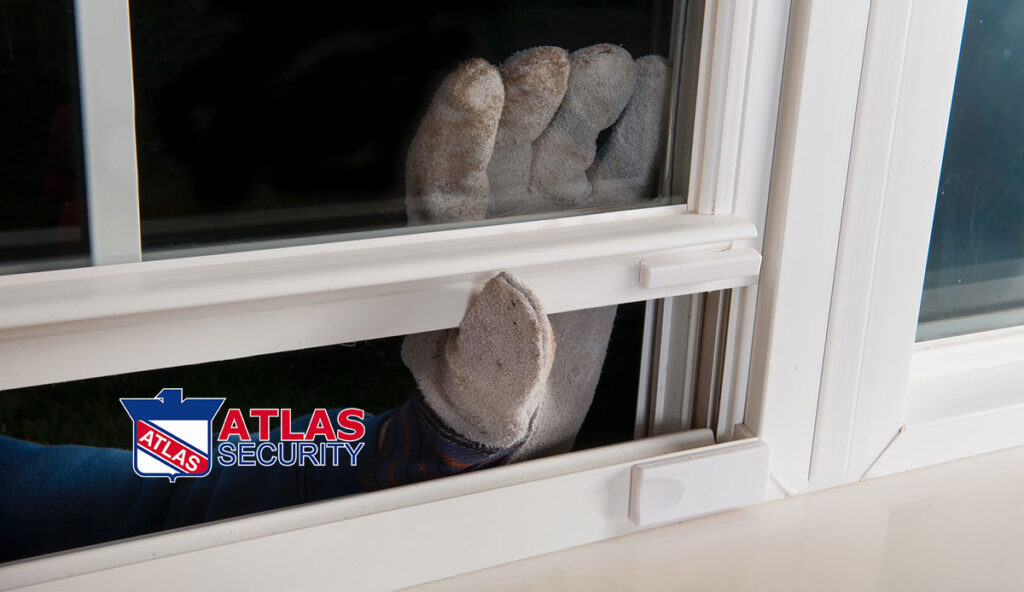
The Power of Home Security Sensors: A Comprehensive Guide
When it comes to home security, one of the most effective and fundamental elements of a robust system is the sensor. Home security sensors are designed to detect potential threats before they can escalate, alerting homeowners to suspicious activity and triggering appropriate responses. From break-ins to fires, the right sensors can provide peace of mind by ensuring that your home remains safe and secure.
In this article, we’ll explore the different types of home security sensors available, how they work, and why they are essential for protecting your home and family.
What Are Home Security Sensors?
Home security sensors are devices that detect changes in their environment, usually indicating potential threats such as intruders, fire, or carbon monoxide. These sensors are integral components of modern security systems and are designed to monitor various aspects of your home. Depending on the type of sensor, they may detect motion, opening and closing of doors or windows, heat, smoke, or sound.
When a sensor detects unusual activity, it triggers an alert that notifies the homeowner and, in many cases, professional monitoring services. This early detection allows for a swift response to potentially dangerous situations, often preventing costly damages or harm.
Types of Home Security Sensors
- Door and Window Contact Sensors
These are among the most common sensors in home security systems. Contact sensors are typically placed on doors and windows to detect when they are opened or closed. They consist of two parts: a magnet and a sensor. When the door or window is closed, the magnet and sensor align, completing the circuit. When the door or window opens, the circuit is broken, triggering an alert.These sensors are effective at detecting break-ins since they are typically placed on all entry points to your home, such as front doors, back doors, and windows. - Motion Sensors
Motion sensors detect movement within a designated area. They work by using infrared technology to sense changes in heat signatures, which occurs when a person or animal moves through the area. Passive infrared (PIR) sensors are commonly used in home security systems. These sensors can cover wide areas and are especially useful for monitoring large spaces like living rooms, hallways, or outdoor areas.Some motion sensors can be set to differentiate between people and pets, reducing the likelihood of false alarms triggered by pets moving around the house. - Glass Break Sensors
Glass break sensors are designed to detect the sound frequency associated with breaking glass. If a burglar attempts to enter through a window by smashing the glass, the sensor will pick up the sound and activate the alarm. These sensors are typically placed near windows to detect break-ins or attempts to break through glass doors.They are particularly useful in homes with many windows or sliding glass doors, as these areas are common points of entry for burglars. - Smoke and Heat Sensors
Smoke and heat sensors are critical for fire safety in the home. Smoke detectors sound an alarm when they detect smoke particles in the air, alerting you to potential fires. Heat sensors, on the other hand, detect significant increases in temperature, which can indicate that a fire is starting or spreading. Together, these sensors provide comprehensive fire protection, giving you early warnings that could save lives and prevent extensive damage.Smoke and heat sensors are typically installed in kitchens, hallways, and bedrooms, areas that are most vulnerable to fire hazards. - Carbon Monoxide Sensors
Carbon monoxide (CO) is a colorless, odorless gas that can be deadly if inhaled in high concentrations. Carbon monoxide detectors are essential for homes that use gas appliances, fireplaces, or have attached garages. These sensors detect the presence of CO and alert you when levels are dangerous, giving you time to evacuate the home and call for help.CO detectors should be installed near sleeping areas and other areas where carbon monoxide may accumulate. - Flood Sensors
Flood sensors are useful in areas prone to water damage, such as basements, laundry rooms, and kitchens. These sensors detect the presence of water and send an alert when they detect flooding. Flood sensors can be lifesavers by preventing significant damage to your home’s foundation, walls, and valuables caused by leaks or heavy rainfall.Installing flood sensors near sump pumps, water heaters, and pipes prone to leakage is a great way to minimize water damage.
Why Are Home Security Sensors Important?
- Early Detection and Prevention
The primary benefit of home security sensors is their ability to detect potential threats early. Whether it’s a break-in, fire, or gas leak, these sensors can provide alerts well before the situation escalates, allowing you to take action quickly. In the case of a break-in, this early warning can prevent thieves from stealing your valuables or causing further damage to your property. - Peace of Mind
Knowing that your home is being monitored 24/7 gives you peace of mind, whether you’re home or away. Sensors act as a constant safeguard, helping you rest easy knowing that your property and loved ones are protected. - Integration with Other Security Features
Home security sensors often work in conjunction with other security features, such as cameras, alarms, and smart home devices. For example, when a motion sensor detects movement, it can trigger cameras to start recording, providing valuable footage. Sensors can also activate alarms or contact emergency responders, ensuring a swift response. - Insurance Benefits
Many insurance companies offer discounts to homeowners who install home security systems, including sensors. By investing in sensors that help prevent damage or loss, you may reduce your risk and earn savings on your homeowner’s insurance policy.
Conclusion: Protecting Your Home with Security Sensors
Home security sensors are indispensable tools that enhance the safety and protection of your home. Whether you’re looking to deter burglars, prevent fire damage, or detect gas leaks, these sensors offer valuable early detection that can save lives and reduce property damage.
If you’re ready to upgrade your home’s security or install a comprehensive monitoring system with advanced sensors, contact Atlas Security today for a free consultation. Our experts can help you design a security solution tailored to your needs, ensuring your home remains safe and secure.

